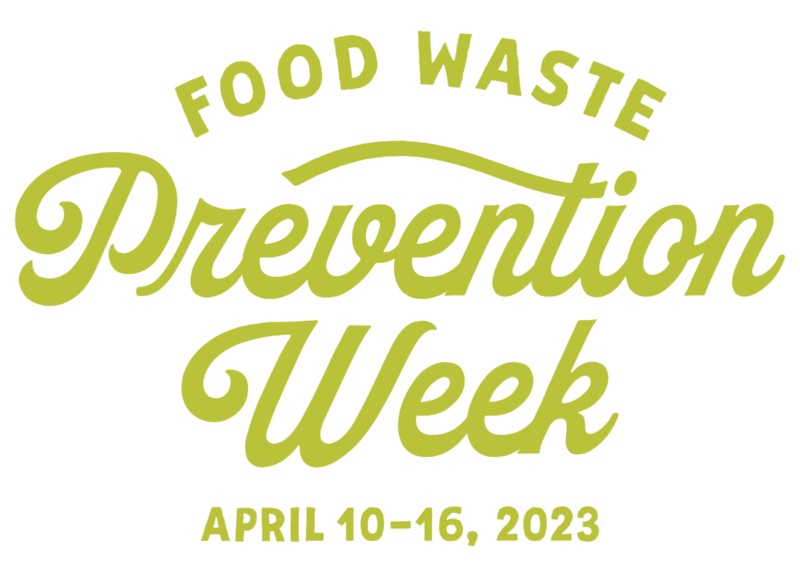 It’s Food Waste Prevention Week so let’s talk about food waste! When we throw food away, it doesn’t just disappear. Once it ends up in the landfill, it decomposes and releases methane gas, a greenhouse gas 25 times more damaging than carbon dioxide. And all of the water, energy and labor used to produce that food is wasted as well.
It’s Food Waste Prevention Week so let’s talk about food waste! When we throw food away, it doesn’t just disappear. Once it ends up in the landfill, it decomposes and releases methane gas, a greenhouse gas 25 times more damaging than carbon dioxide. And all of the water, energy and labor used to produce that food is wasted as well.
Share My Meals collects thousands of extra meals from commercial kitchens every month and delivers them to families in need in the community, preventing tons of food waste and greenhouse gas emissions while helping to reduce food insecurity.
While we would all love to donate our delicious household leftovers, health regulations do not allow us to collect meals from people’s home kitchens. But there is still a lot you can do to prevent food waste!
We’ve all felt the pang of regret when we throw food away. The average American family sends 250 pounds of food each year to the landfill. Food waste is a global problem that not only affects our wallets but also the environment. In fact, it is estimated that one-third of the food produced in the world is wasted.
Fortunately, with just a few simple changes we can do a lot to reduce our food waste – which has an immediate impact on reducing our carbon footprint. In fact, according to Project Drawdown’s Top 20 High-Impact Climate Actions for Households and Individuals, reducing food waste at home is the most impactful personal action we can take to reduce greenhouse gas emissions.
Plan your meals and shop only what you need. This seems obvious but is easier said than done. One of the main reasons for home food waste is that grocery stores encourage us to buy more than we need. Whenever possible, skip the prepackaged produce and get exactly what you need for your recipe, or plan your meals around the quantities you have.
Store food properly. Keep fruits and vegetables in containers in the fridge, and cover leftovers to keep them fresh longer. Pro tip: transfer berries and grapes to mason jars to make them last.
Get creative with leftovers. Once or twice a week, plan to use up leftovers. Freeze what you don’t use right away for a day when you don’t have time to cook.
Compost food scraps. Whether you use a curbside service or compost your own, composting turns your food scraps into nutrient-rich soil for your garden or the local community.
By being mindful of how much food you buy and how you use it, you can save money and help the planet! So let’s take action and start reducing food waste today!




